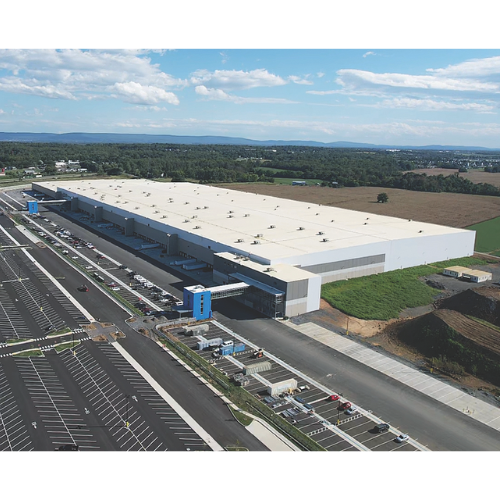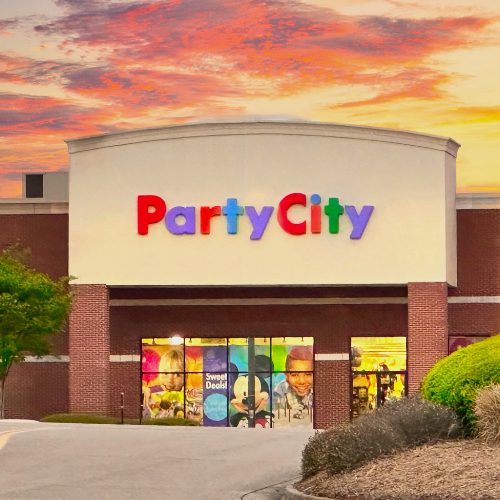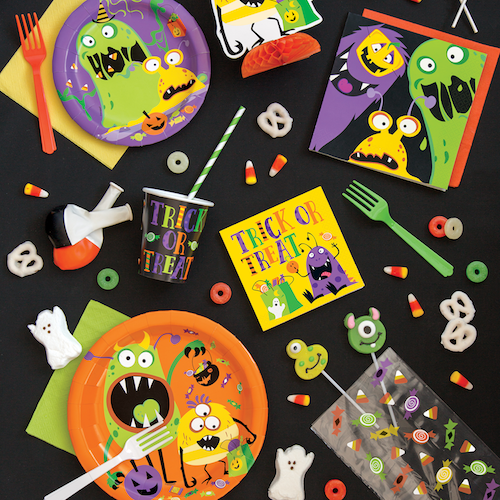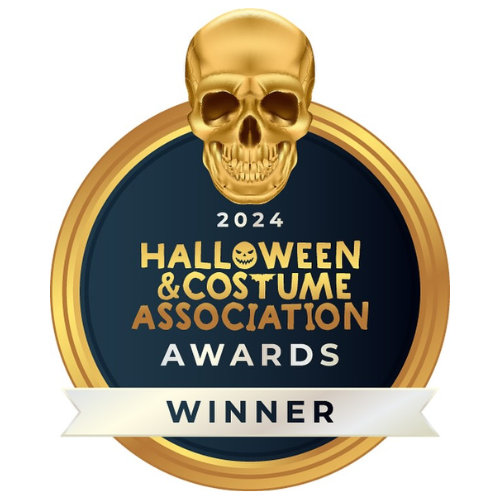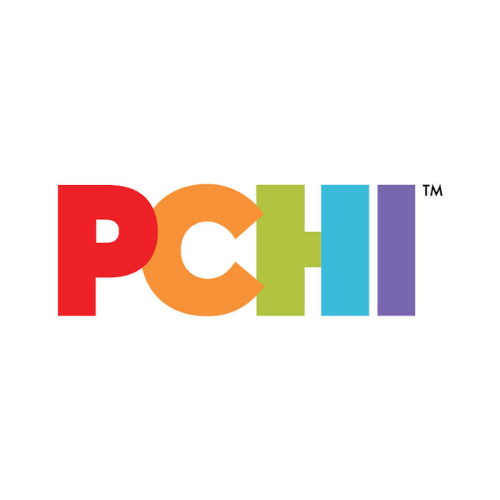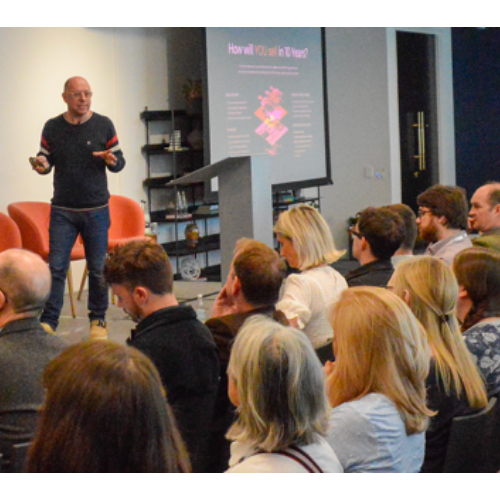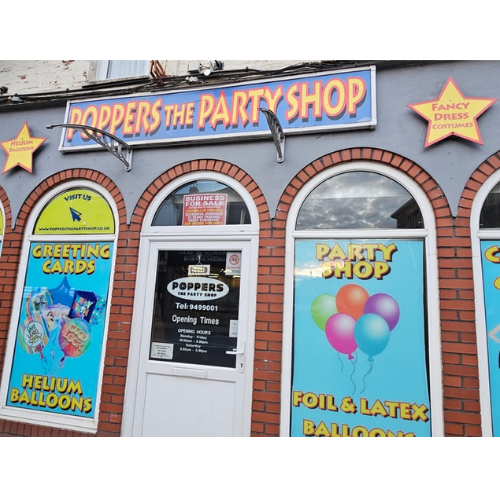American party retail chain Party City revealed its Q2 trading results yesterday (Thursday 8 August), with the helium shortage and inflated costs still affecting sales across the board.
Party City increased the number of stores it plans to close this year (up to 55 locations from the previous 45) and also announced that it is selling its 65-store Canadian division to Canadian Tire Corp.
The company’s net income was $48.4 million during Q2, up from $19.3 million in the same period last year. Total revenues increased 0.5% to $563.9 million, although that fell short of the analyist’s predictions of $572 million.
Retail sales increased by 2.9% year-on-year, driven primarily by a number of store acquisitions over the last 12 months. Same-store sales decreased 2.1%, primarily due to the impact of the helium shortage.
James M. Harrison, chief executive officer, commented on the results: “Overall, in the second quarter we continued to experience headwinds from direct and indirect impacts of the helium shortage and higher helium costs in many of our markets.”
He continued: “Additionally, results were negatively impacted by the flow through of temporarily higher freight costs incurred in late 2018 and non-recurring inventory markdown costs associated with planned store closures.”
James also highlighted the steps Party City has taken to position the business for future growth; securing additional helium supply, completing a multi-property sale leaseback transaction, adding Brad Weston to the leadership team and selling the Canadian division to Canadian Tire Corporation.
He concluded: “We are revising our full year outlook to reflect our year-to-date performance, the impact of these transactions, approximately ten additional store closures for the year as well as an updated view of the expected direct and indirect impacts of helium availability and the higher associated costs.”
“We are in a very strong in-stock position for the key Halloween selling season and expect second half tailwinds including an extremely strong IP calendar, a Thursday Halloween and benefits from supply chain investments that we made following disruptions that impacted the business in 2018. This, combined with our continued focus on executing against our growth strategies across the business, gives us confidence in an improved second half.”









